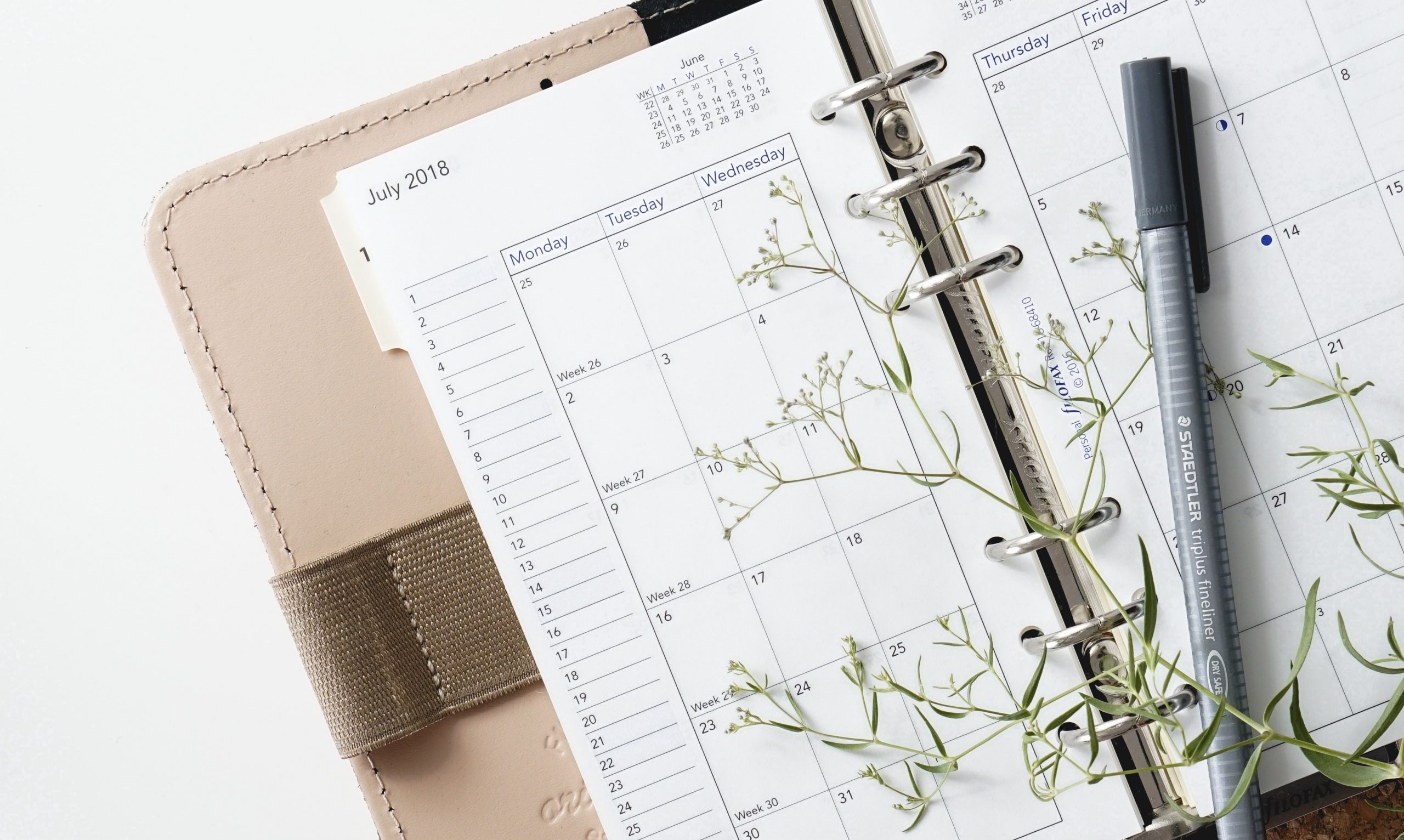
Life&Style Editor Serena Murphy reflects on how we might overcome the online cult of obsessive productivity
We live in a world of intense comparison, where we are constantly holding ourselves up to the (often false) standards that we see online. Whether that be beauty, body image, fitness, or even university study routines. It can be hard to detach from the barrage of ‘productivity’ routines that we see each day, and idolisations of ‘Clean Girl’ and ‘That Girl’ aesthetics, which often emphasise strict skincare, workout and study routines that leave us feeling inadequate. Indeed, it is the nature of social media that we tend to see the more ‘unrealistic’ daily routines, not those in which creators spend half the day procrastinating in bed.
Recently, TikTok has become fixated on one particular creator Mackenzie Merriott, or the ‘female Patrick Bateman’, as some users call her, given her uniquely regimented daily routines. Mackenzie has become known for her intense ‘day in my life’ and study videos, in which she consistently wakes up at 2-3 am to study, drinks copious amounts of bone broth, and even has time for a gym session.
A typical ‘productive day in uni’ for Mackenzie begins at 2.46 am, she has her first bone broth of the day at 2:57 am and her first revision session of the day begins at 3:15. At 5:45, she hits the gym and by 7:45 she is in the library. She even manages to get some volunteering time in her day, at 12:55 pm, then continues to study and is in bed by 6:01 pm.
“sacrificing sleep and relaxation to do productive tasks is often not productive in the long run
While this is not to say that her way of working is entirely unhealthy, sacrificing sleep and relaxation to do productive tasks is often not productive in the long run. This is not the way that many people’s brains thrive and could lead to some serious burn-out. Dietitians reacting to her extremely regimented ‘healthy’ meals noted how her daily calorie intake would not even be enough to sit and watch Netflix all day, let alone complete intense gym and study sessions.
Despite knowing that this type of routine does not work for many people, Mackenzie’s videos still left me wondering if my daily routine should become a bit more regimented. Granted, I am not about to start waking up at 2 am, or going to bed at 6pm for that matter, but I couldn’t help feeling a strange dread that my average productive university day began somewhere between half 9 and 11 am.
“every brain is different, and everyone works slightly differently
Mackenzie’s videos, and others like it, have opened much discussion on social media about productivity at university. For the majority of university students, with the exception of more practical courses, university offers a unique situation in which the majority of our time is ours to utilise how we desire. Many of us will not have this flexibility once our university days are behind us. While this can be daunting, it also presents us with an opportunity to really understand how we work most effectively. Of course, ‘effectively’ here means not cramming as much work into one day as possible but setting ourselves realistic goals and having a balance between work and social time. Every brain is different, and everyone works slightly differently. Whether you work best in the mornings, or perhaps later at night, as long as you are maintaining a healthy relationship to university work, and foregrounding balance, then in my books this is a productive day.
We need to learn not to compare ourselves to the glamorised portrayals of productivity that we see on social media. After all, comparison is the thief of joy (though this is often easier said than done).
“the very nature of the phrase ‘that girl’ smacks of comparison and the idolisation of other people’s perceived success
In the past few years, the concept of ‘that girl’, a young woman known for aesthetic workouts, intense yoga sessions and succeeding in her work or university life, has grown into a large-scale trend. #thatgirl has 19 billion views on TikTok. Its popularity is indicative of our obsession with self-improvement, yet the self-improvement and productivity that these videos present is often purely aesthetic and superficial. The very nature of the phrase ‘that girl’ smacks of comparison and the idolisation of other people’s perceived success. If two and a half years at university with a tendency to compare myself to others has taught me anything, it is that true self-improvement and productivity often comes from looking internally, rather than externally. This way, you come to understand where your strengths lie and what makes you most productive.
Growing up, I was always taught to ‘sharpen the saw’, as Stephen Covey advises in his book The 7 Habits of Highly Successful People, and it has stuck with me to this day. Covey argues that we can only optimise our performance by maintaining a balance of enrichment in physical, mental, social, emotional, and spiritual ways. Indeed, a lumberjack cannot keep sawing wood with a dull saw. It needs to be taken to one side and sharpened.
The human body and mind are no different. They cannot work to their full potential without rest and relaxation. Coming to understand this is one of the many vital lessons that university can teach us.
Read more from Life&Style here:
Sleep: How Much Does It Truly Affect Our Appearance?
Comments